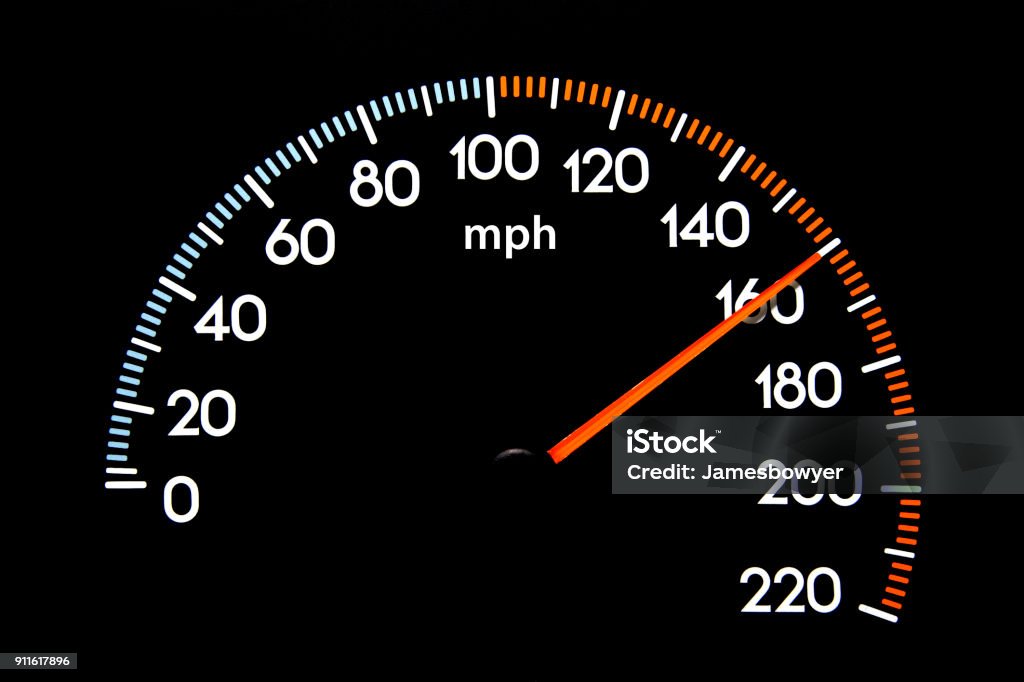Are 160kmh to mph you curious about the speed of 160km/h? Wondering how it compares to miles per hour (mph)? Well, buckle up because we’re about to take a thrilling ride through the world of speed measurements! Whether you’re a speed enthusiast or simply interested in understanding different units of measurement, this blog post will break it down for you. So sit tight and get ready to zoom into the fascinating realm of kilometers per hour (km/h) and miles per hour (mph). Let’s hit the road and explore how these measurements stack up against each other!
Understanding Speed Measurements
When it comes to measuring speed, we often encounter different units of measurement depending on where we are in the world. While some countries use kilometers per hour (km/h), others prefer miles per hour (mph). Understanding these measurements is crucial if you want to make sense of speed limits, race cars, or even just your daily commute.
Kilometers per Hour (km/h) is a unit commonly used in most parts of the world except for the United States and a few other countries. It measures how many kilometers an object or vehicle travels within one hour. For example, if you’re driving at 60 km/h, that means you’re covering a distance of 60 kilometers in one hour.
On the other hand, Miles per Hour (mph) is predominantly used in the United States and a handful of other places worldwide. Unlike km/h which measures distance traveled in kilometers, mph calculates how many miles are covered within an hour. So if you’re cruising at 60 mph down an American highway, you’re traveling a total distance of 60 miles every single hour.
Converting between km/h and mph may seem daunting at first glance but fear not! There’s actually a simple formula to help us with this conversion:
1 mile = 1.60934 kilometers
To convert from km/h to mph, all we need to do is divide our initial value by this conversion factor. Conversely, when converting from mph to km/h, multiply our value by that same conversion factor.
Now that we have grasped the basics behind these two speed measurements let’s dive into their common uses and practical applications! Stay tuned as things are about get exciting!
What is Kilometers per Hour (km/h)?
What is Kilometers per Hour (km/h)?
Kilometers per hour, commonly abbreviated as km/h, is a unit of speed used in the metric system. It measures the distance traveled in kilometers over one hour. In simpler terms, it tells us how many kilometers an object or person can cover within an hour.
The kilometer is a widely accepted unit of measurement for distance around the world. It originated from the French word “kilometre,” which means 1000 meters. So when we measure speed in km/h, we are essentially calculating how many thousands of meters an object travels within an hour.
Using kilometers per hour as a measurement allows for easy comparison and understanding across different contexts. For example, if someone says they are driving at 80 km/h on the highway, it gives you a clear idea of their speed relative to other vehicles on that road.
Understanding kilometers per hour becomes essential when navigating through countries that use the metric system. Being familiar with this measurement helps travelers comprehend road signs and understand local traffic regulations.
Kilometers per hour (km/h) provides a straightforward way to measure speed using the metric system. It simplifies comparisons and allows for easier comprehension while traveling in countries that use this form of measurement.
What is Miles per Hour (mph)?
Miles per Hour (mph) is a unit of speed commonly used in countries like the United States and the United Kingdom. It measures the distance traveled in miles within an hour. The concept of mph is quite straightforward – it tells you how many miles you can cover in just 60 minutes.
In everyday life, mph is most frequently used to measure vehicle speeds, including cars, motorcycles, and even bicycles. Whether you’re driving on the highway or cycling down your neighborhood street, knowing your speed in mph allows for better judgment of distance and time.
Understanding mph becomes especially important when planning road trips or calculating travel times. For example, if you have a long journey ahead of you and want to estimate how long it will take to reach your destination, knowing your average speed in 160kmh to mph mph will be crucial information.
Additionally, understanding mph also 160kmh to mph comes into play when discussing wind speeds during weather forecasts or evaluating athletic performances such as running races or track events.











